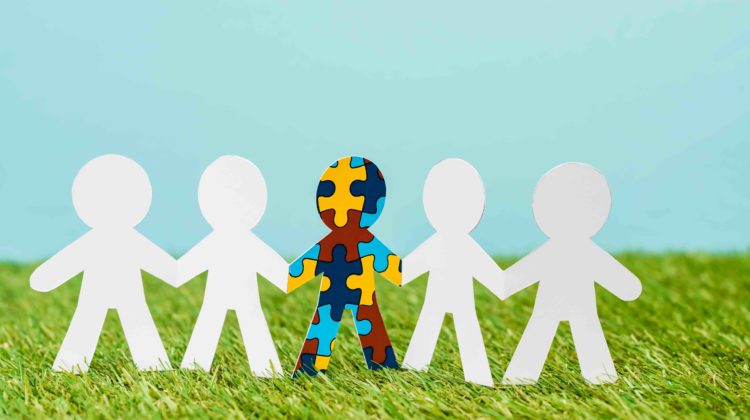
Would you consider using medical cannabis for your child if it could ease their symptoms? This is a question on many parents’ minds as research unveils cannabis’ potential benefits for patients with autism.
CBD and THC have just entered a period of consideration and discussion in pediatric medicine, with a focus on patients with autism. This shift is driven by a growing body of research, anecdotal evidence of success, and shifting legal circumstances.
Prescribing cannabis comes with its fair share of complications and possible benefits. Some early research indicates that cannabis could be beneficial for ASD symptoms, including issues with sleep, appetite, or anxiety. However, scientists remain uncertain about the proper dosage and the potential long-term effects of its use. Previous research has been limited to purified CBD in studying its impact on children.
Understanding the possible benefits of this substance as a therapy option, and the ethical, legal, and medical considerations that come with administering it in pediatric settings should help doctors make an informed decision about prescribing cannabis to autistic patients.
The Ethical and Scientific Debate Over Cannabis
There has been a recent turning point in the medical community’s position on cannabis’ role in pediatric treatment. Particularly in cases of chemotherapy-induced nausea, epilepsy, and autism, the scientific data regarding its efficacy varies from encouraging to inconclusive. While some studies suggest potential benefits, the research is still evolving.
Ethical concerns about the potential side effects of cannabis for children, particularly those with developmental disabilities like autism, further complicate this issue. The ethical dilemma around the overall impact on a child’s development necessitates a cautious approach.
Balancing Potential Benefits with Safety Concerns
The potential of cannabis to treat emotional or behavioral issues is a significant focus of emerging research. Because of the lack of wide-ranging safety data, calls for caution from researchers remain. However, various clinical studies and case reports suggest that cannabis may improve symptoms like aggression, social responsiveness, and emotional challenges like anxiety and depression.
Given the early stage of the research, experts in the field have differing viewpoints. As promising anecdotal reports clash with the reality of limited clinical research, discussions surrounding cannabis use in the treatment of autism remain complicated.
Targeting the Endocannabinoid System
The endocannabinoid system (ECS) is a complex network of receptors and neurotransmitters that regulates several neurological processes. Autism and other neurological disorders have scientists examining this system in great detail. They believe that when the ECS isn’t working correctly, it could be linked to some of the behaviors seen in autism, like difficulties in social situations and certain repeated behaviors. This idea could lead to new ways to help manage these symptoms by targeting the ECS with cannabis-related substances.
Between State Laws and Federal Restrictions
There is a tangle of conflicting federal and state restrictions when it comes to cannabis law. This is especially true when it comes to pediatric use. Due to its federal classification as a Schedule I narcotic, cannabis is subject to tight restrictions. However, some states have allowed its medical usage, resulting in a contradiction that influences educational and healthcare establishments. For example, the American Academy of Child and Adolescent Psychiatry has a clear stance against the use of cannabis to treat the symptoms of autism.
There is a complicated web of state regulations, school regulations, and ethical concerns. Professionals including school nurses must navigate these concerns when they dispense prescribed medicinal cannabis to their students. Collaborating with parents, healthcare providers, and legal advisors is often necessary to ensure the well-being of students as nurses balance providing treatment and complying with legal regulations.
Seeking Answers for Autism, ADHD, and Other Pediatric Conditions
Autism, epilepsy, sleep disorders, attention deficit hyperactivity disorder (ADHD), and anxiety are just some health conditions that cannabis research is addressing. Many clinical trials and other forms of research are currently investigating these potential treatments.
However, the results so far have been mixed, showing the need for more reliable scientific research. Doing so is essential for determining the effectiveness of cannabis for children and, more significantly, for ensuring their safety. Understanding the potential uses of cannabis in pediatric medicine requires eliminating the barriers to further research, and circumventing tricky rules and regulations.
In light of this consensus, everyone from healthcare professionals and researchers to lawmakers and the public must actively engage in ongoing dialogues and contribute to this area of medical research. Stay informed and support initiatives that push for thorough scientific study and clear guidelines on the pediatric use of cannabis.
Written by Vladimir Kogan, CEO Nevada Autism Center



Leave a Reply